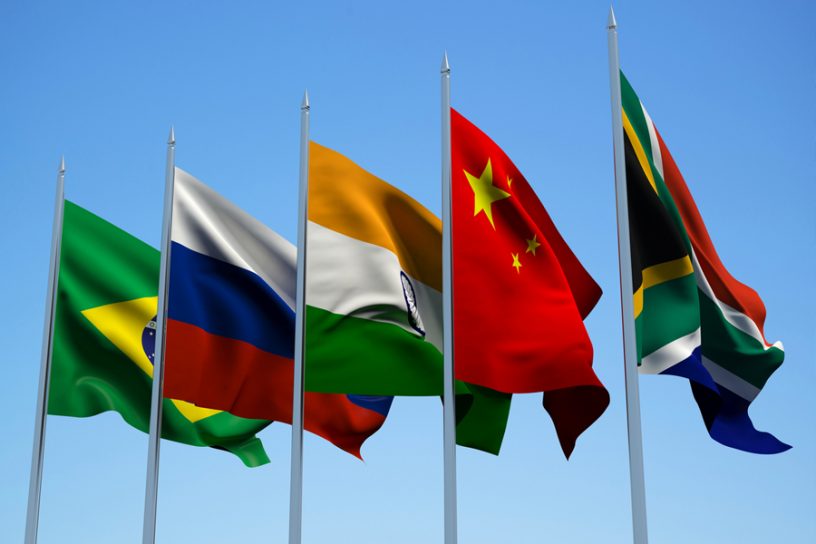
BRICS is becoming less and less like-minded, but it continues to meet specific interests of each member state, says the author.
Author
Sreeram Chaulia, Professor and Dean, Jindal School of International Affairs, O.P. Jindal Global University, Sonipat, Haryana, India.
Summary
The 14th summit of the BRICS group of countries — Brazil, Russia, India, China and South Africa — commences today in China, where it is being hosted virtually by President Xi Jinping.
The fact that BRICS continues to exist and make progress, notwithstanding intensified military tensions between China and India as well as differences among member states over Russia’s invasion of Ukraine, shows that this is an institution that still partly serves the national interests of its constituent members.
From China’s standpoint, BRICS remains a useful instrument to thumb its nose at the West and demonstrate that an alternative world order is possible without either the presence or the leadership of the United States or Europe.
In recent years, China has prioritized Xi Jinping’s flagship Belt and Road Initiative as its prime strategic vehicle for upturning the Western-designed global system. But Beijing is sensitive to criticisms of the BRI as a unilateral and hegemonic enterprise.
Hence China’s perseverance with BRICS, which predates the BRI, to help portray itself as a benign team player in contrast to what it denounces as America’s bullying and exploitation of poorer nations.
Published in: Nikkei Asia
To read the full article, please click here.


